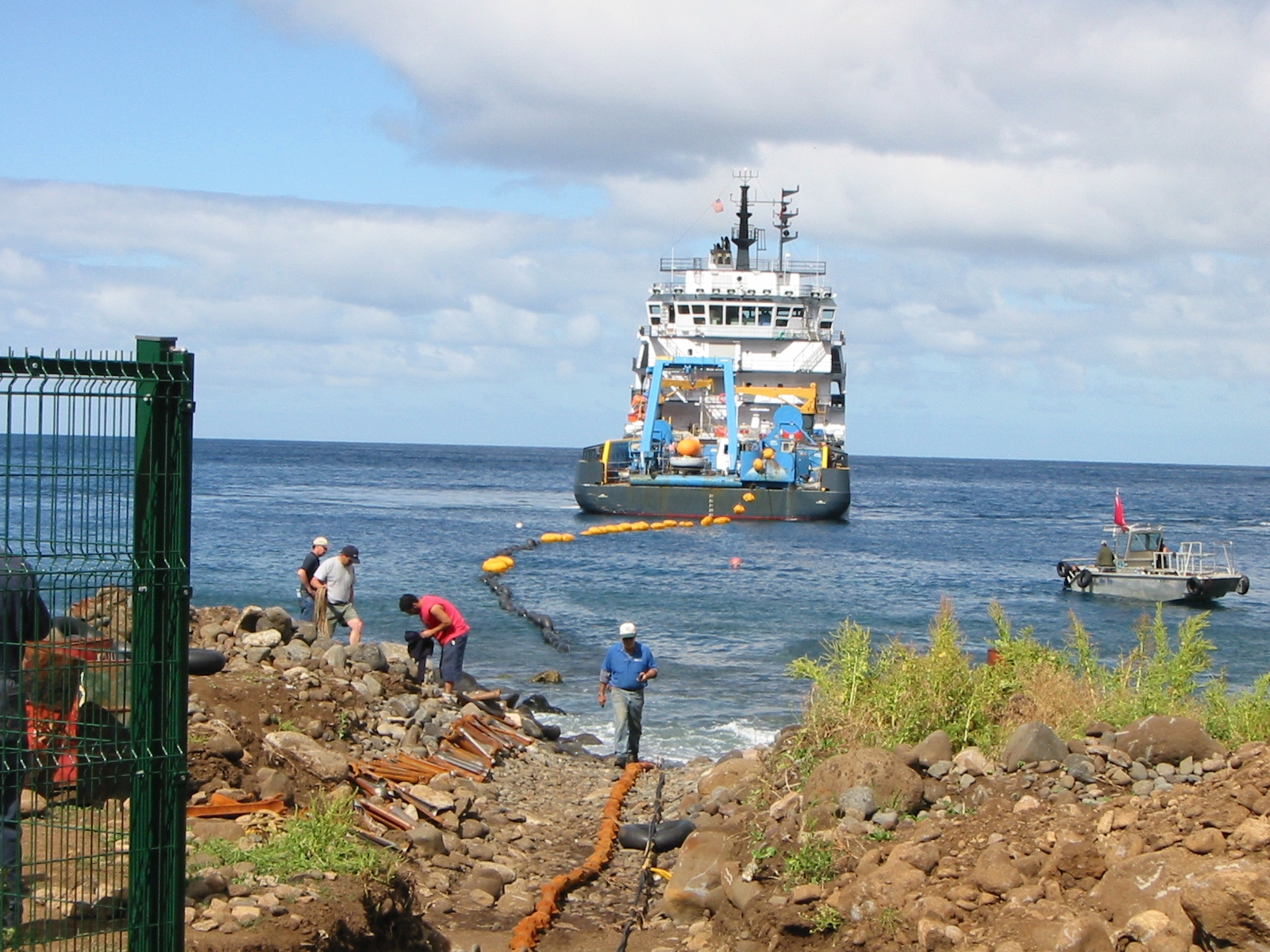UK must review decision to block UK-France power cable project - court ruling
Investment firm Aquind, which says its undersea cable linking England and Normandy would be able to transmit 16,000,000 MWh of electricity each year, took legal action after then-Business Secretary Kwasi Kwarteng refused consent in January, 2022. Judge Nathalie Lieven said in a written ruling on Tuesday that Kwarteng failed to take into account evidence about an alternative location for a substation in England and wrongly applied the business department’s planning policies.

- Country:
- United Kingdom
Britain must review its refusal to grant development consent for a high-voltage undersea power cable project linking Britain and France, London's High Court ruled on Tuesday. Investment firm Aquind, which says its undersea cable linking England and Normandy would be able to transmit 16,000,000 MWh of electricity each year, took legal action after then-Business Secretary Kwasi Kwarteng refused consent in January, 2022.
Judge Nathalie Lieven said in a written ruling on Tuesday that Kwarteng failed to take into account evidence about an alternative location for a substation in England and wrongly applied the business department’s planning policies. Aquind’s director Richard Glasspool said in a statement that the decision was "wonderful news".
"We look forward to re-engaging with local residents, stakeholders, environmental experts and energy professionals in order to pursue the commitment to meeting the UK’s Net Zero energy target," he said. The business department did not immediately respond to a request for comment.
The project – which would be able to transmit around 5% and 3% of the total consumption of the UK and France respectively – was recommended for approval in a report sent to Kwarteng in June, 2021. After requesting further information, Kwarteng last year decided that Aquind had given "insufficient consideration" to an alternative connection point in Dorset in southern England, which Aquind had previously rejected.
However, the High Court ruled that it was "irrational" for Kwarteng to refuse Aquind’s application without making further inquiries about the feasibility of the location in Dorset. Lieven said the inspectors who initially recommended approval found that "the development could meet 4-5% of the UK’s electricity need with the obvious public benefits that would follow".
"The level of this public benefit meant that any reasonable (minister) would have inquired into the feasibility and viability of the alternative site before rejecting the development on a purely speculative basis," Lieven added.
(This story has not been edited by Devdiscourse staff and is auto-generated from a syndicated feed.)
ALSO READ
Bank of England's Greene says markets expect rate cuts to happen early, FT reports
Bank of England's Greene says later start to rate cuts better, FT reports
Bank of England’s Greene says rate cuts should be "a way off"
Right whale is found entangled off New England in a devastating year for the vanishing species
Derek Underwood, Legendary England spinner, dies at 78










